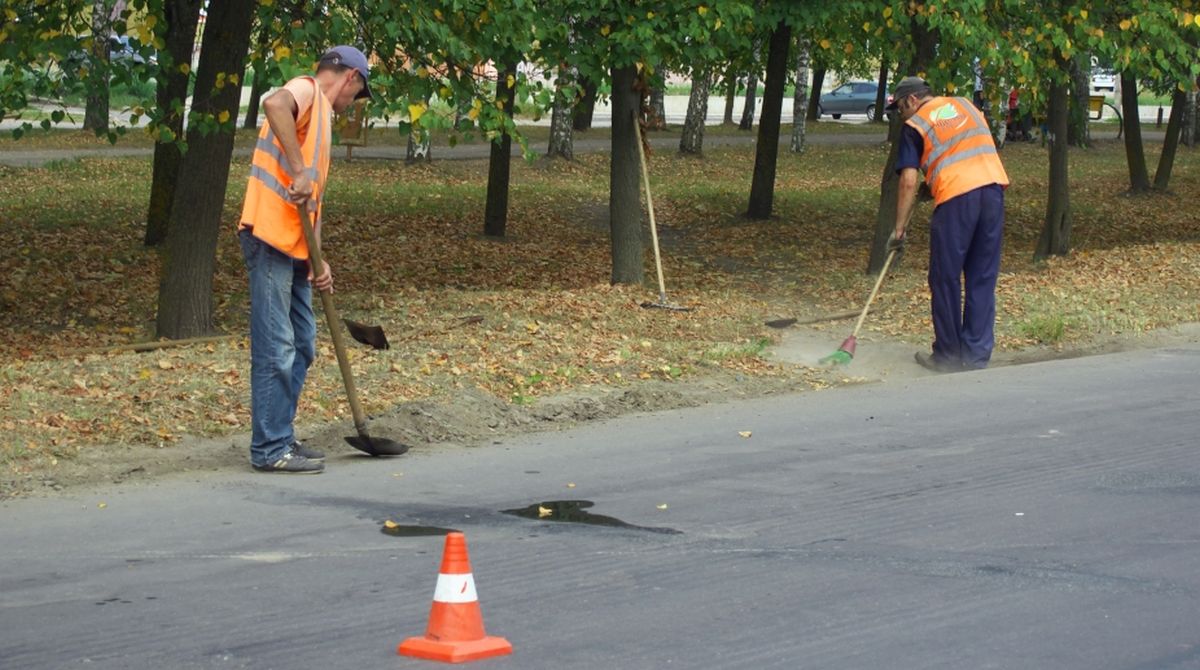Congress committing dacoity on rights of OBCs, SCs, STs: PM
“Wherever it (Congress) can do it, it will try to loot the claims of the SCs, STs and OBCs and give them to others,” said Modi.
An initiative of the local people, the program started at 6 PM in Baramulla and at 9.30 PM in Budgam district, where about 400 youngsters converged to kick off Prime Minister Narendra Modi’s Swacchhata Hi Seva Campaign by cleaning the local streets and declogging the drains.

Representational Image.
About 400 Kashmiri men and women participated in the clean-up activities organized by the Youth Paradise Social Welfare Society in Baramulla and Budgam districts of Kashmir in collaboration with mohalla committees.
An initiative of the local people, the program started at 6 PM in Baramulla and at 9.30 PM in Budgam district, where about 400 youngsters converged to kick off Prime Minister Narendra Modi’s Swacchhata Hi Seva Campaign by cleaning the local streets and declogging the drains. In Baramulla at Kanlooo Pattan and adjoining areas, the initiative was led by Ichigam Budgam.
“The two main reasons for lack of hygiene are aggression on one hand and indifference on the other. To come out of these two tendencies, we need to fill people with confidence that they can take this country to great heights,”
Advertisement
Gurudev Sri Sri Ravi Shankar said on 15 September on the occasion of the launch of Swacchata Hi Seva movement marking the 150th birth anniversary of Mahatma Gandhi.
“We saw the video call of the launch and heard about the inspiring work being done. So we decided to participate,” said Firdous Hassan Parray, chairman, Youth Paradise Social Welfare Society.
Volunteers of the NGO had also participated in the Paigam E Mohabbat event organized in Srinagar last year in the presence of Gurudev, in an unprecedented gathering of 12000 members of the civil society who came together to speak up against the gun culture and to revive Kashmiriyat, a culture of peaceful coexistence.
The Art of Living has helped build 62,000 toilets across the country, set up 1000 bio-gas plants, and 11 waste management plants across temples, dargahs, vegetable markets and municipal corporations that collectively process 11.5 lakh kg of waste every year.
Advertisement